Тест №02 по ОГЭ-2024. Английский язык. Трубанёва Н.Н. (Ответ)
- Подробности
- 15197

Test 2
|
20 |
Have you ever heard about the Klingon language? If you do not like science fiction films, you probably haven't. (if you don't like - если вам не нравится. Present Simple) |
NOT LIKE |
|
21 |
The language was created at the end of the 20 century specially for the films about aliens from other planets. In the StarTrek films, Klingon is the language of the warrior race. (was created - был создан. Past Simple Passive ) |
CREATE |
|
22 |
Nowadays there are about 3000 words in the language. (there are - есть (мн.ч.) Present Simple) |
BE |
|
23 |
Most of them refer to space craft and weapons but it’s also possible to use Klingon for everyday conversations. (most of them - многие из них. Местоимения) |
THEY |
|
24 |
Mark Okrand, one of the people who created this language, said that soon Klingon would become very popular. (said - would become - сказал, что станет. Reported Speech) |
BECOME |
|
25 |
“Very soon, science fiction fans will accept Klingon for communication within their community,” he once predicted. But it never happened. At the present time there might be only twenty or thirty people who are able to speak Klingon fluently. (will accept - примут. Future Simple) |
ACCEPT |
|
26 |
To most people, it sounds strange and alien. It’s not easy to learn. (it sounds - звучит. Present Simple) |
SOUND |
|
27 |
I personally have tried to learn it several times, but without much success yet. (have tried to learn it several times - пытался учить его (уже) несколько раз. Present Perfect) |
TRY |
|
28 |
I wish I had partners for conversations but for obvious reasons there are not many around. (I wish I had partners - холелось бы мне иметь партнеров. Conditional II) |
HAVE |
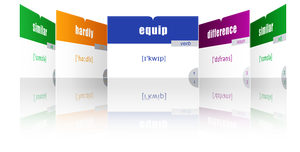
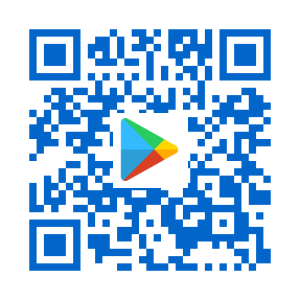
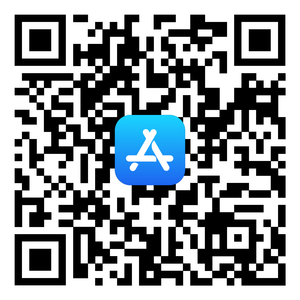

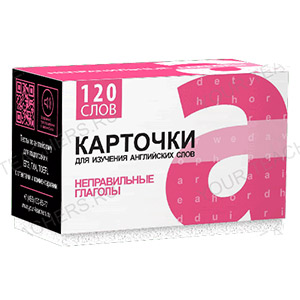
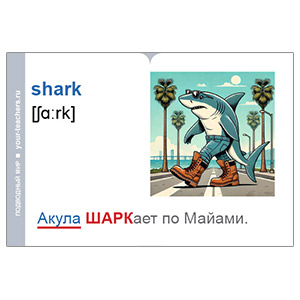
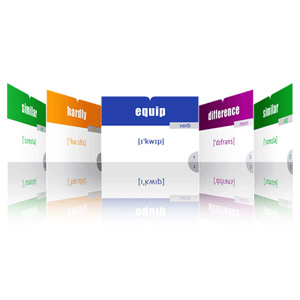

 Как правильно изучать английский язык по карточкам (статьи)
Как правильно изучать английский язык по карточкам (статьи)